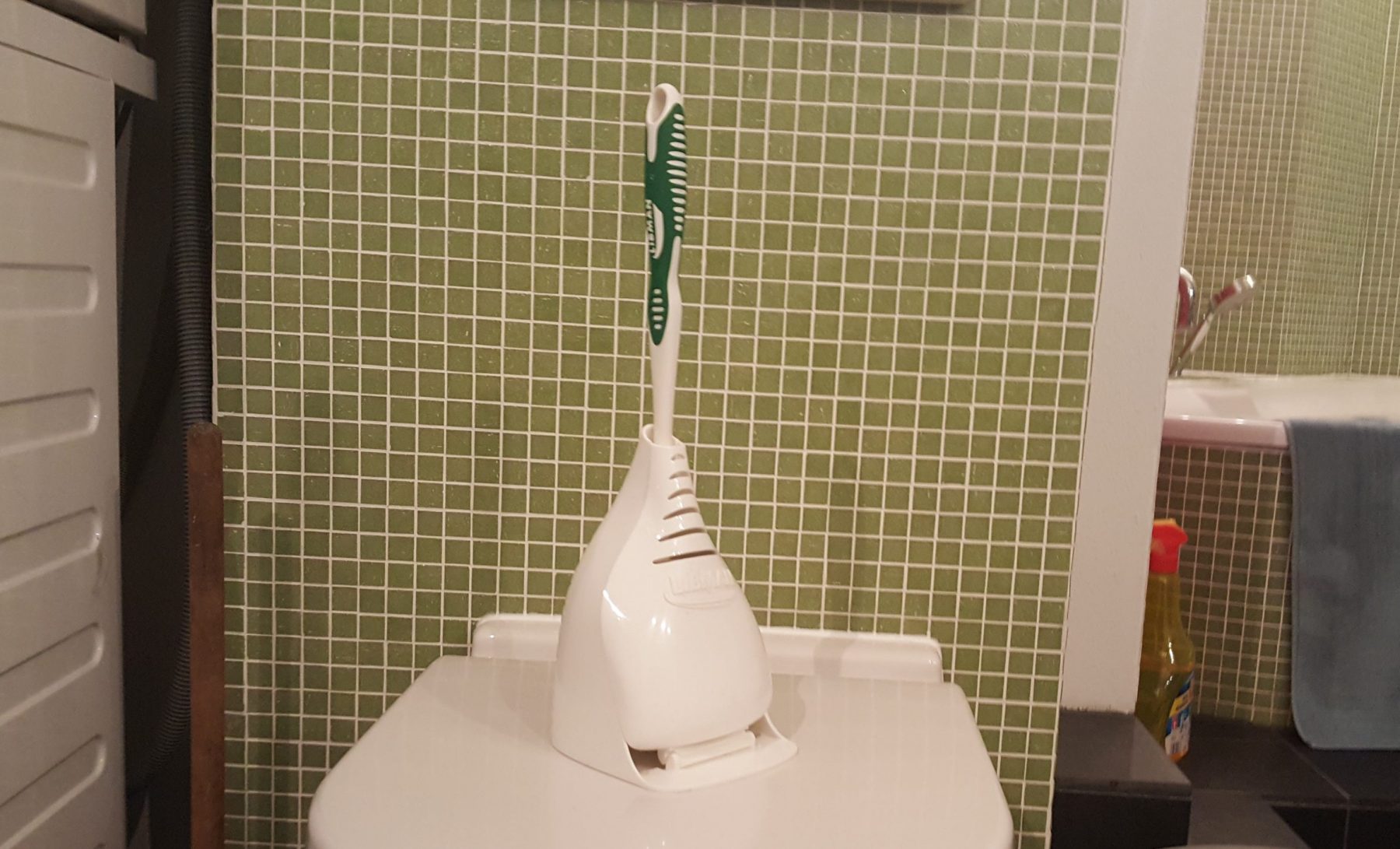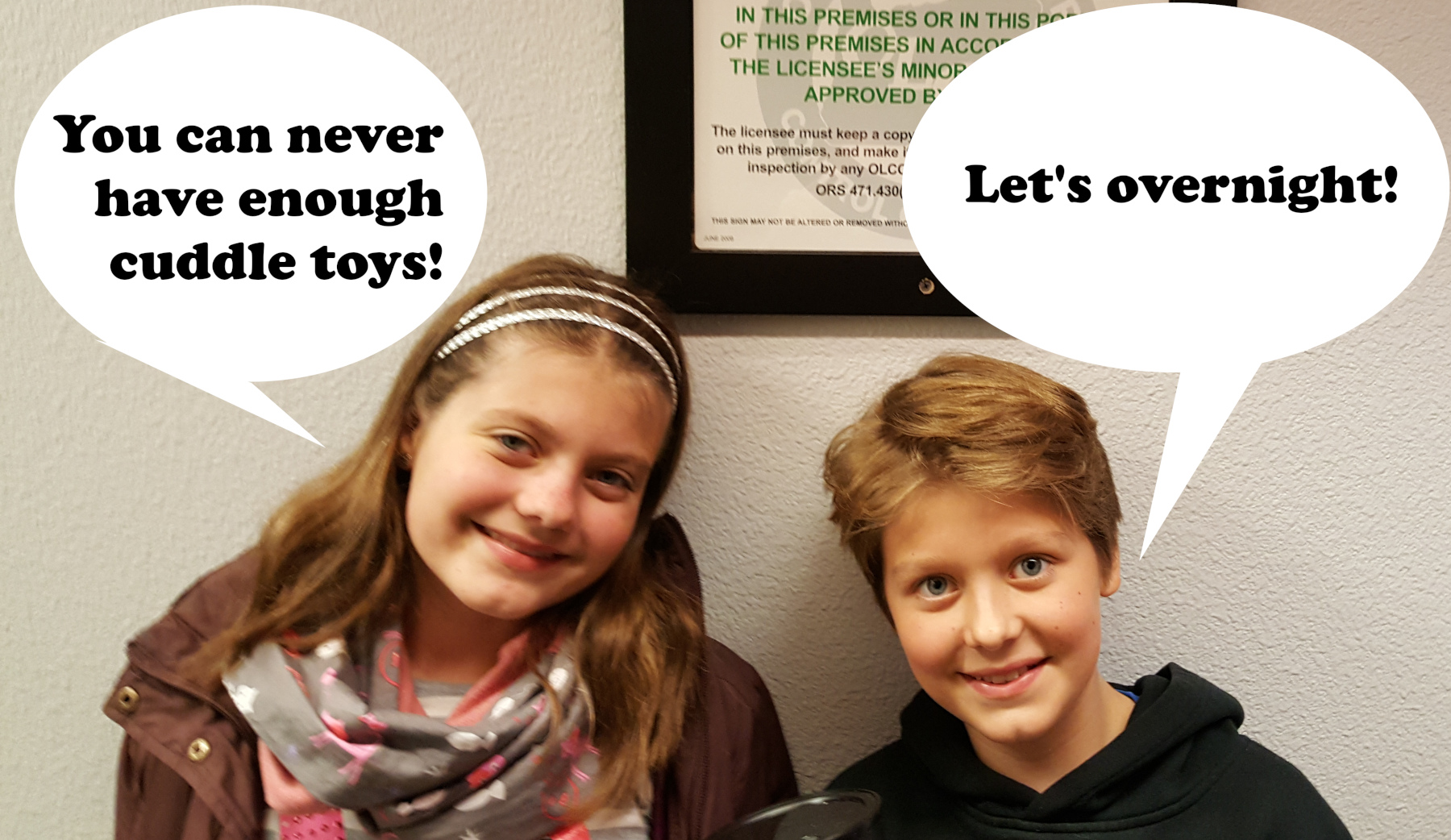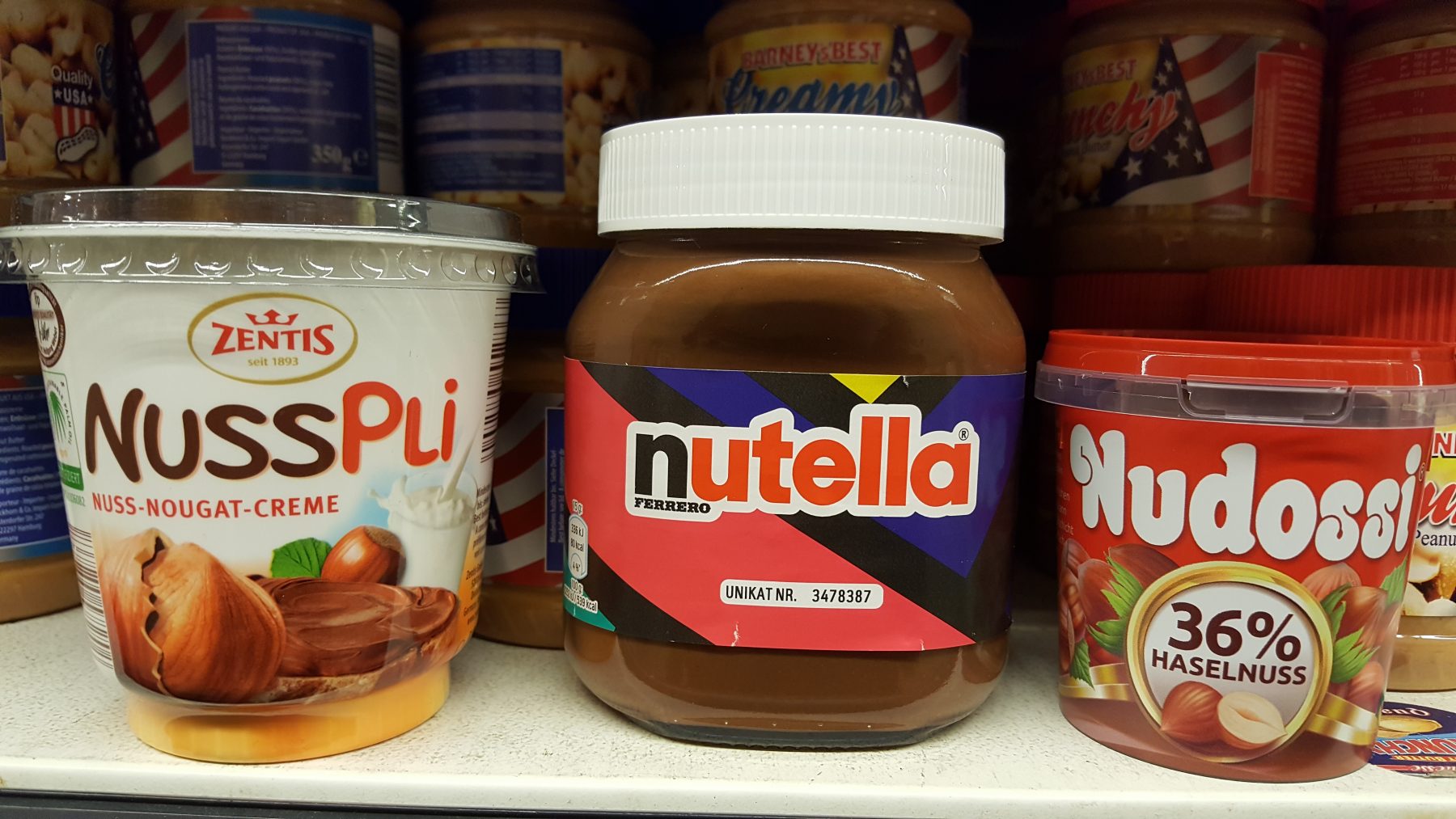For awhile I’ve been putting off this post because it forces me to do something Americans hate and Germans love or, at the very least, Germans don’t mind: Talking about going to the bathroom. Who am I kidding? Germans love talking about it! They even write kids books about it involving cuddly woodland creatures! Meanwhile, Americans never poop.

I will admit that us prudish Americans are a bit too prude about something that affects everyone, every day, but Germans could also cool it a bit. And it starts with the very way they tell people their intention to visit a bathroom: In German, you say, “Excuse me, I am going to go on the toilet. (Entschuldige, ich muss aufs Klo)” Just writing that gives me the heebee jeebees. Every time I hear it I’m forced to picture whoever said it ON THE TOILET. Gross!
“TMI,” I think when I hear it.
Of course, since both men and women sit down to pee in Germany, it’s always accurate, and we all know how important accuracy is in German-speaking regions. Incidentally, my post about Sitzpinkeln, or men sitting to pee, goes viral again every few months, proving the world thinks it’s weird (though I now agree that men the world over should adopt the practice).
In any case, I’ve always preferred the euphimistic English version: “I’m going to the bathroom.” It leaves open what you might be doing in there – sure, you could be going on the toilet like a German, but you could also be using your phone to check you bank balance or filing your nails. Maybe you’ve even got a model train setup in there and you just want to switch engines. I don’t know! And I don’t want to know!
Seriously now, please use the Klobürste
Next up, the Klobürste (toilet brush), the single biggest source of inner-office notes and memos in every German office I’ve worked in – permanent or temporary. German toilets are weird. Even though the dreaded shelf is disappearing, the new, water-in-the-bowl version is sometimes not so efficient, and people who have gone “on the toilet” leave, uh, marks. Users are expected to remove said marks with an often-unappetizing Klobürste positioned adjacent to the porcelain god. However, the anonymity of German public and office toilets often makes people lazy, leading them to eschew the use of the Klobürste and leave their marks for the next visitor to witness. Office busybodies jump into action any time this occurs and hang up passive-aggressive, tsk, tsk-ing notes about using the Klobürste. The problem is so prevalent that companies even offer commercial versions for permanent affixation to toilet walls.
I encountered the Klobürste dilemma at my first-ever German office – Bloomberg News in Frankfurt. The office was regrettably divided by English-speakers (journalists) and German-speakers (marketing people). Also regrettable was that the journalists and the marketing department were assigned separate toilets – ours right off the joint kitchen and theirs off the sales floor. We often bumped into our marketing co-workers in the joint kitchen and the discussion was always about our toilets, which was a problem because of the aforementioned American distaste of discussing bathroom activities and the aforementioned German passion for it. Our bathrooms, my German colleagues liked to assure me, were disgusting. Didn’t we know how to use a simple Klobürste? The implication was always that we foreigners had bad hygiene habits and weekly a new, passive-aggressive Klobürste note appeared in our bathroom.
This made me not like my marketing colleagues.
Then one day, standing in the kitchen, Bloomberg coffee cup in hand, I had a revelation – if the marketing department had its own toilets, how did they know what ours were like?
“Oh we don’t use ours,” my marketing co-worker said. “If we go in there they time us on how long we stay, but if we come back here they think we’re just coming to get coffee, so we’re safe.”
So ours were disgusting because everyone was using them, not because us English speakers were unclean.
So I started to use theirs.
And I never used the Klobürste.
Leave a Comment


